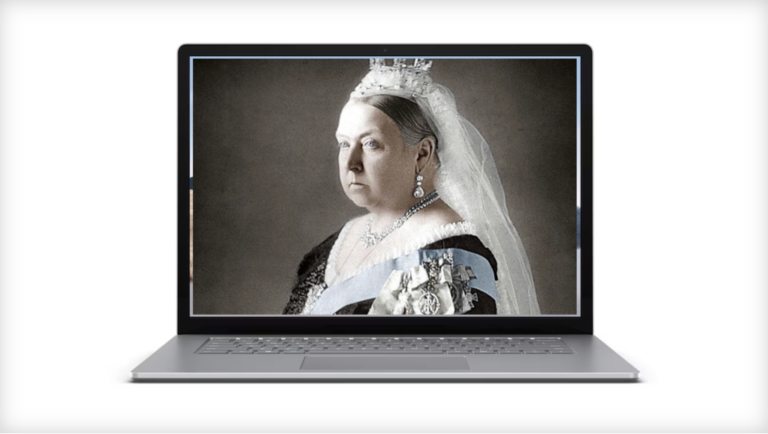LONDON — The UK’s controversial Online Safety Bill received royal assent Thursday and became law.
As XBIZ reported, the U.K. Parliament passed the much-delayed bill last month, despite vocal criticisms by virtually all digital rights and free speech organizations and advocates.
As free speech advocates have repeatedly pointed out during the protracted, years-long process leading to the current version, the Conservative government’s Online Safety Bill will officially classify and effectively censor any content deemed “harmful” or “pornographic” by the politicians who happen to be in power in the U.K. at any given time.
Though termed a “constitutional monarchy,” the U.K. has no written constitution and no equivalents to the U.S. Bill of Rights, First Amendment or codified Section 230 protections.
The bill grants broad powers to the politicians and bureaucrats appointed to the UK’s regulation agency, the Office of Communications (Ofcom), to target material they consider “harmful,” essentially reestablishing content-based state censorship in the U.K.
“There is concern the bill will lead to a mass age-gating of the UK internet as web services seek to shrink their liability by forcing users to confirm they are old enough to view content that might be deemed inappropriate for minors,” TechCrunch reported when it finally cleared the House of Lords in September.
Ofcom’s chief executive Melanie Dawes, who becomes today effectively the Chief Censor of the United Kingdom, said through a statement, “Our new powers are not about taking content down. Our job is to tackle the root causes of harm. We will set new standards online, making sure sites and apps are safer by design. Importantly, we’ll also take full account of people’s rights to privacy and freedom of expression.”
Industry Attorneys’ Reactions
Industry attorney Corey Silverstein, from Silverstein Legal, told XBIZ that although the Online Safety Bill claims to “make the UK the safest place in the world to be online,” it is in fact a dramatic overreach into censorship, privacy and free speech.
“Online platforms are now going to have to make very difficult decisions with some platforms already promising to geoblock U.K. users altogether and to stop offering their services there,” he explained. “For those online platforms who choose to continue offering products and services in the U.K., there will most definitely will be necessary changes to their platform and procedures in order to remain in compliance and avoid the potential for up to 18 million Euro in fines, or 10% of their global annual turnover, whichever is higher, and potential prison time.”
What makes this new law more frustrating, Silverstein added is that Ofcom “has yet to actually publish its codes of practice that will detail compliance requirements. Ofcom will be publishing the ‘codes of practice’ in three phases. Thus, while we know that rules are coming — we can only assume what they are going to be at this point.”
Silverstein noted that Phase 1 (expected November 9) will address how platforms will have to respond to illegal content like terrorism and child sexual abuse material. Phases 2 and 3 (expected by 2025 and 2026) will address How platforms will have to respond to child safety, prevent underage access to pornography, transparency reports, prevent fraudulent advertising, and requirements for ’empowerment tools’ which will require platforms to offer U.K. users the ability to control what content is displayed.”
It is anticipated that as part of these phases, platforms will be required to implement age verification for all users; content moderation procedures; advanced reporting to law enforcement and government agencies of suspected unlawful content; and the removal of end-to-end encryption or a backdoor to encrypted messaging so that the platform operator can provide law enforcement access to encrypted messages or content, Silverstein noted.
“Platforms need to be keeping a very close eye on the developments and immediately speaking with their legal advisors on what they should be preparing for,” he concluded. There is still time to prepare.”
A Regulatory Hodgepodge
The Walters Law Group’s Lawrence Walters, an industry attorney and First Amendment expert, warned caution, telling XBIZ that the Online Safety Bill “threatens free expression and undermines the security of private online communications.”
The impact on adult content creators and online platforms, Walters clarified, “remains uncertain, and highly dependent on how Ofcom decides to interpret and enforce the new provisions. Adult content may be in the crosshairs of regulatory enforcement.”
Highlighting the differences between transcontinental legal frameworks, Walters stressed that “such a law would not likely survive First Amendment scrutiny in the United States. However, the digital landscape is becoming more complex as various nations grapple with widespread use of social media by their citizens, resulting in a hodgepodge of inconsistent regulations on speech.”


